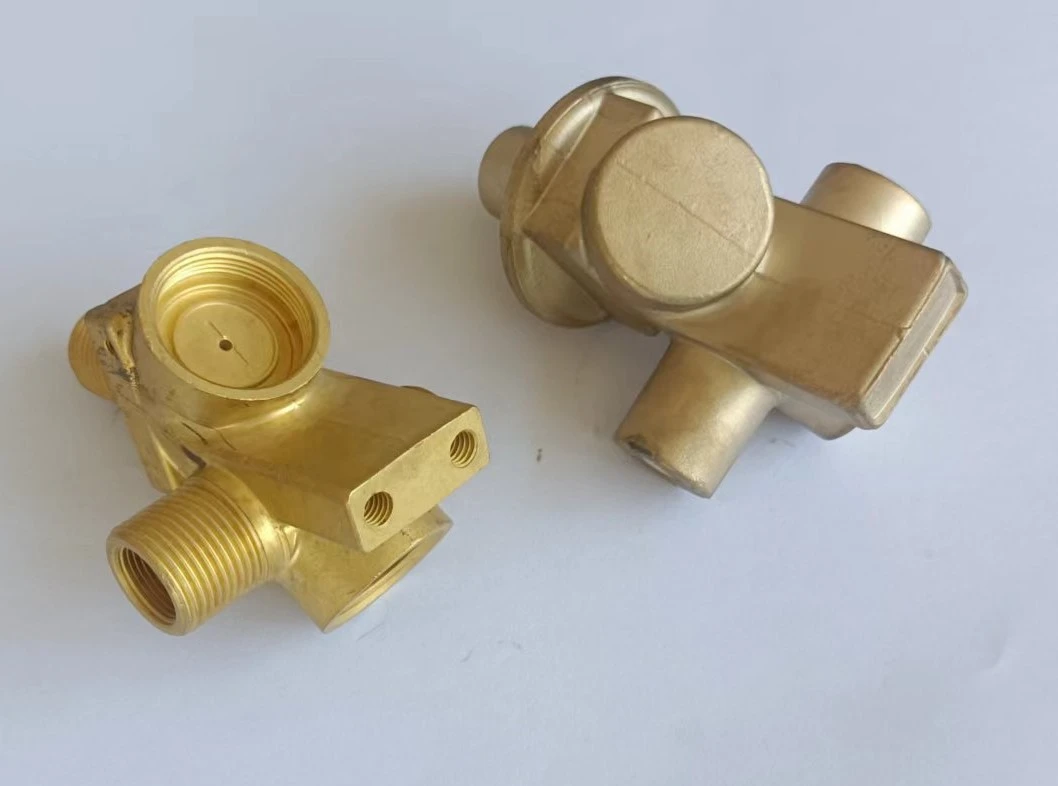Mobile:+86-311-808-126-83
Email:info@ydcastings.com
French
die cast aluminum castings
Die cast aluminum castings are widely recognized for their versatility and efficiency in manufacturing a variety of complex shapes and components. This process involves forcing molten aluminum alloy into a mold cavity under high pressure, resulting in precise and intricate designs that are often difficult to achieve through other manufacturing methods. The use of aluminum in die casting offers numerous benefits, making it a popular choice across various industries, including automotive, aerospace, electronics, and consumer goods.
One of the key advantages of die cast aluminum castings is their excellent dimensional accuracy and surface finish. The high-pressure injection process allows for tight tolerances, ensuring that the finished parts fit together seamlessly. This precision is crucial in applications where performance and reliability are paramount. Moreover, the smooth surfaces of die cast parts often require little to no additional machining, reducing production time and costs.
Another significant benefit of aluminum die casting is the lightweight nature of aluminum itself. Compared to steel and other metals, aluminum offers a favorable strength-to-weight ratio, making it ideal for components that need to be both lightweight and strong. In the automotive industry, for example, using aluminum castings can lead to lighter vehicles, which improve fuel efficiency and reduce emissions without sacrificing structural integrity. This trend towards lightweight materials is pivotal as manufacturers strive to meet stringent environmental regulations and consumer demand for more eco-friendly products.
Additionally, die cast aluminum castings exhibit remarkable durability and corrosion resistance. Aluminum naturally forms a protective oxide layer that helps guard against corrosion, making it suitable for both indoor and outdoor applications. This property ensures that components maintain their integrity over time, even in harsh environments. As such, die cast aluminum is widely used in applications ranging from engine components to outdoor fixtures, where longevity and reliability are critical.
die cast aluminum castings

The die casting process also supports high-volume production runs, allowing manufacturers to produce large quantities of identical parts quickly and efficiently. This makes it an attractive option for businesses looking to scale their operations without compromising on quality. In an era where rapid prototyping and quick turnaround times are increasingly important, die cast aluminum castings can help companies meet tight deadlines and respond swiftly to market demands.
However, it’s essential to recognize that while die casting offers numerous advantages, it also comes with certain limitations. The initial tooling costs can be significant, requiring a sizable investment before production can begin. Furthermore, die casting is not suitable for every aluminum alloy, and some specific designs may pose challenges in achieving optimal results.
In conclusion, die cast aluminum castings represent a vital and innovative manufacturing technology, combining precision, lightweight properties, durability, and efficiency. As industries continue to evolve and prioritize sustainable practices, the demand for lightweight and high-strength aluminum components is likely to grow. This makes die casting an indispensable process in the future of manufacturing, providing solutions that meet the challenges of modern design and production. Whether in automotive, aerospace, or everyday consumer products, die cast aluminum castings will undoubtedly play a significant role in shaping the landscape of industrial manufacturing.











